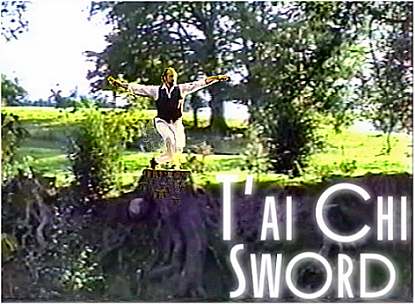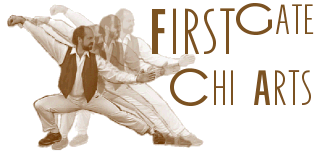The Lost Path Series |
Technical Mastery and the Martial Spirit By Paul Zabwodski Perhaps most martial art practitioners would debate whether they aspire to the ambition of technical mastery. There is after all no real reason to be excellent at anything or is there? Recent approaches to sport have readily included a wealth of technical know how to make us compete or perform better. The use of suggestion through persuasive self-affirmation to the esoteric imagery of Indian yoga and other cultural methods is now readily accepted as being part of sensitive sport coaching ideology. Both the established popularity of creative imagery and impact of Zen like thinking suggests that most people are fairly willing to take on board a broad based approach to getting it right. To excel. Technical mastery is a rational approach to excellence. There are naturally more significant moral values within the martial arts and other sporting systems but to deny the appeal of “Technical Mastery” is to undermine our belief in success. Success and evolution is the fun part of working towards a goal. We are motivated towards mastery. Its difficult not to be. Technical mastery is innate to our everyday motivations. We build self estimations and esteem on our accomplishments and discriminations. There is a balance to reach in our efforts though. Too much detachment and kerplunk - you miss your window of opportunity to enter the middle ground of appreciation. Equally too much focus and you stifle naturalness and free change. The middle ground is open ground. Each technical problem flourishes within a middle ground perspective to bring a new richness. And it’s free! In particular the desire to master a variety of traditional weapons is common in most martial systems. Perhaps it is the history of each weapon which has a rich cultural appeal for many practitioners. Take for example the strength of belief and commitment found within Bushido or Kobudo an older form of classical budo with its codes of social behaviour, ceremony and selfless goals. Other modern practitioners may argue that all of that is simply unimportant. That is a chicken and egg situation. No middle ground. But whether you find cultural traditions an important attachment or not, the highest peak of technical mastery has some fabulously esoteric stories to enjoy. Most employ a sense of difficulty overcomed by clarity, wit and realism. The best of martial stories clearly express simple myths which give us insight to the world of belief and self purpose. These stories are really the bedrock of most martial inspiration. But what they offer leads to no more than simple integrity. In Chan and Zen Buddhism the spirit is advised through the development of a generous and open heart.
|
Get
rid of desires for good,
The
human spirit is fond of purity, But the mind disturbs it.
|
In traditionaI martial arts we can easily argue that martial skills are not important. What is important is in the heart of selfless accomplishment this established traditional leads to good human heartedness. Therefore if follows that whatever the level of art you practise it is important to grasp the feeling of the art (not just the technique), little at a time, day by day. Open and eclectic in one's motivations, it is possible to diligently hone the broad base necessary to accomplish the level of technical mastery due to you at the time.
This
is your Mastery, your Kung-Fu.
|
Technical Mastery is simple. In daily life, you may collide with others. In martial arts if you understand circularity, you may be able to subdue and minimise conflict. There is strength in the naturalness of everyday movements. Technical naturalness. Gradual mastery.  See Long Sword Form on tree stump here
|

